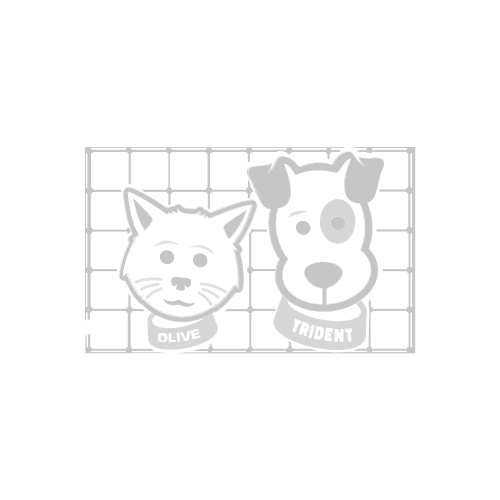Care For Older Dogs
The ASPCA declares November to be Senior Pet Month; and as such, EasyPetFence.com feels it's important to discuss how to care for aging dogs. While families can grow together with a puppy, there are many benefits to adopting a senior dog including: these dogs are already potty-trained; these dogs are calm and will not teeth on furniture; and these dogs already know basic commands.
As dogs age, they will need proper care, extra attention and regular vet visits. Here's how to care for an older dog:
First, how do you know that the dog is aging? You may start to see grey around your dog's face. You may see glazing in the eyes. (If this is the case, you may need to test your dog for glaucoma or cataracts.) You may also notice that they are having trouble getting up or going up and down stairs. These are signs of aging.
Your dog will need to visit a local veterinarian more often than when he/she was a pup - approximately every six months. They will need to up-to-date vaccinations, as well. Frequent urination, problems hearing or cognitive disabilities may occur as the dog ages. Alert your vet who will have a course of action for your dog.
Keep up with regular exercise. A puppy needs about 30 minutes of daily activity to stay lean; but for older dogs, they need about 60 minutes each day to grease up those old bones. Jumping and running exercises can be done at home from within the fenced-in dog enclosure; and can reduce the risk of pet obesity, arthritis and other health complications.
Dogs will need softer dog treats that will not hurt their teeth and will require daily brushing of teeth. Gum Disease in dogs is a major issue that can cause pain and discomfort.
Groom your dog regularly and check the ears, skin and coat for fleas, ticks and irregular growths. Be sure to inform your vet, if problem areas are of question.
Do you have other tips for how to care for older dogs? Follow the conversation on @EasyPetFence Facebook using hashtag #SeniorPetMonth.

